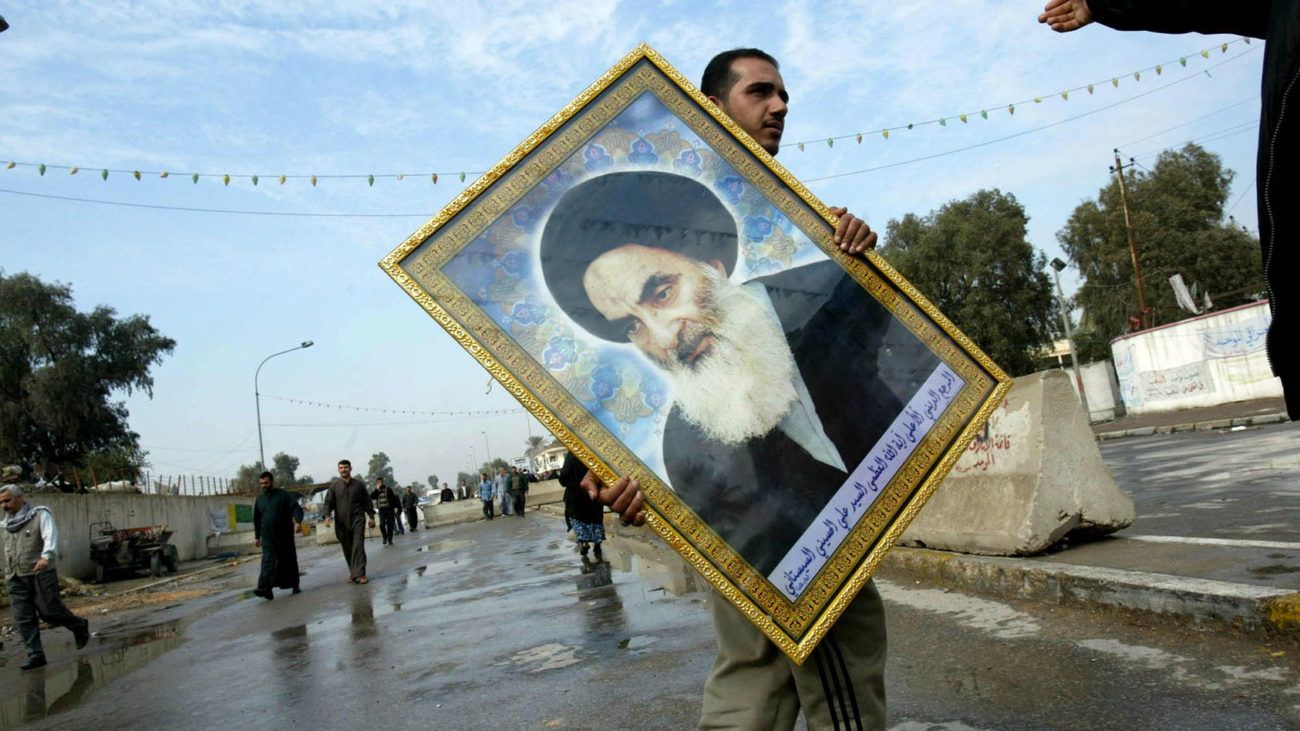Iranian Pressures on Baghdad’s Next Government Will Depend Partly on U.S. Sanctions
This piece was originally published on the U.S. Institute of Peace website usip.org
As Iraq shapes a government from its May 12 election, the indecisive electoral outcome again will leave Iran in a position to affect both the choice of a prime minister, and the tenor of the underlying administration. How Iran wields that influence is likely to depend on how well the European Union is able to defend the Iran nuclear accord following the United States’ withdrawal.
For the longer term, this month’s election is both a reminder of the power of the country’s communal identities, but also some measurable advances in the Iraqis’ building of a democratic culture only 15 years after the overthrow of its generations-long dictatorship. Before the election, many observers noted an increase in campaigning that focused on policy issues rather than simply appeals to Sunni, Shia, Kurdish or other communal labels. While this is an evolutionary process that will not quickly overcome identity-based politics, it is an essential step in building an Iraqi democracy.
An Ayatollah’s Appeal
One should not underestimate the importance of the remarkable pre-election message, on May 4, from Grand Ayatollah Ali al-Sistani, the country’s single most influential religious leader. Sistani underscored that political change must always be achieved through elections. That is an implicit rebuff of the attempt by Iran-backed armed groups in Lebanon (2009 and 2011) and Iraq (2010) to force out elected governments. And it is a red flag to Iran not to attempt any such move through its influence over armed militia factions in Iraq.
Sistani spoke against “foreign intervention” in elections and cited specific groups that he said were receiving financial help from abroad—a role in which Iran is a prominent provider. And the ayatollah characterized voting as “a right and not a duty”—a response to pro-Iranian clerics who use the concept of “religious duty” to push the voters to vote for parties they favor.
New Political Alignments
Americans are pondering the meaning of the first-place finish in the voting of the coalition headed by Moqtada al-Sadr. He is best known to Americans as an Iran-backed, hardline opponent of a U.S. presence in Iraq following the 2003 U.S. invasion of the country. At that time, he regarded resistance to the Americans as a divine call and was seen and described in news reporting as an Iranian proxy.
Since that time, the thrust of al-Sadr’s agenda has varied. He disbanded his militia and disappeared for a time to complete his studies to strengthen his religious credentials. He has continued to embrace a populist approach, without a clearly articulated vision. He established numerous military or political structures that did not deliver on his promises and later imploded. His movement has held several ministerial posts over the past 10 years but its officeholders have been among those accused of corruption. While his alliance now will hold the largest bloc of seats in the parliament, it includes communist and liberals along with his own party. With his need to secure further allies in any government, it remains unclear how firmly he will put his stamp on the next administration.
Analysts also are considering the new lineup in Iraq’s Al-Dawa party, which remains divided among leaders such as recent prime ministers Haider al-Abadi, Nouri al-Maliki and Ibrahim al-Jaafary. In fact, for the past 12 years, Iraq’s key government institutions have been dominated by 100 to 150 al-Dawa cadres, seen as broadly influenced by Iran. This core group of officials has been fairly fluid, shaped in varied configurations by successive political leaders, but the end result has been, and will remain, a more or less Iran-friendly administration. Iran’s efforts now will be focused on ensuring that their pool of allies remains in control of critical security agencies, a more direct lever of influence than domination over the more ephemeral elected positions of Iraq’s government.
The final Iranian stand on who should serve as Iraq’s prime minister, and with what configuration of the government, depends in part on the ultimate scope of U.S. sanctions against companies from the European Union (EU) working in Iran. Other factors are the discussions between the EU and Iran on Yemen and between Russia and Israel about Syria. The EU is hoping to mitigate the effects of those sanctions, which the United States re-imposed as part of recent Trump administration decisions about the Iran nuclear deal. If the EU does not manage to limit these new constraints on Iran’s economy, the Iranians probably will use Syria and Iraq, including the formation of the new government, to pressure the United States.

